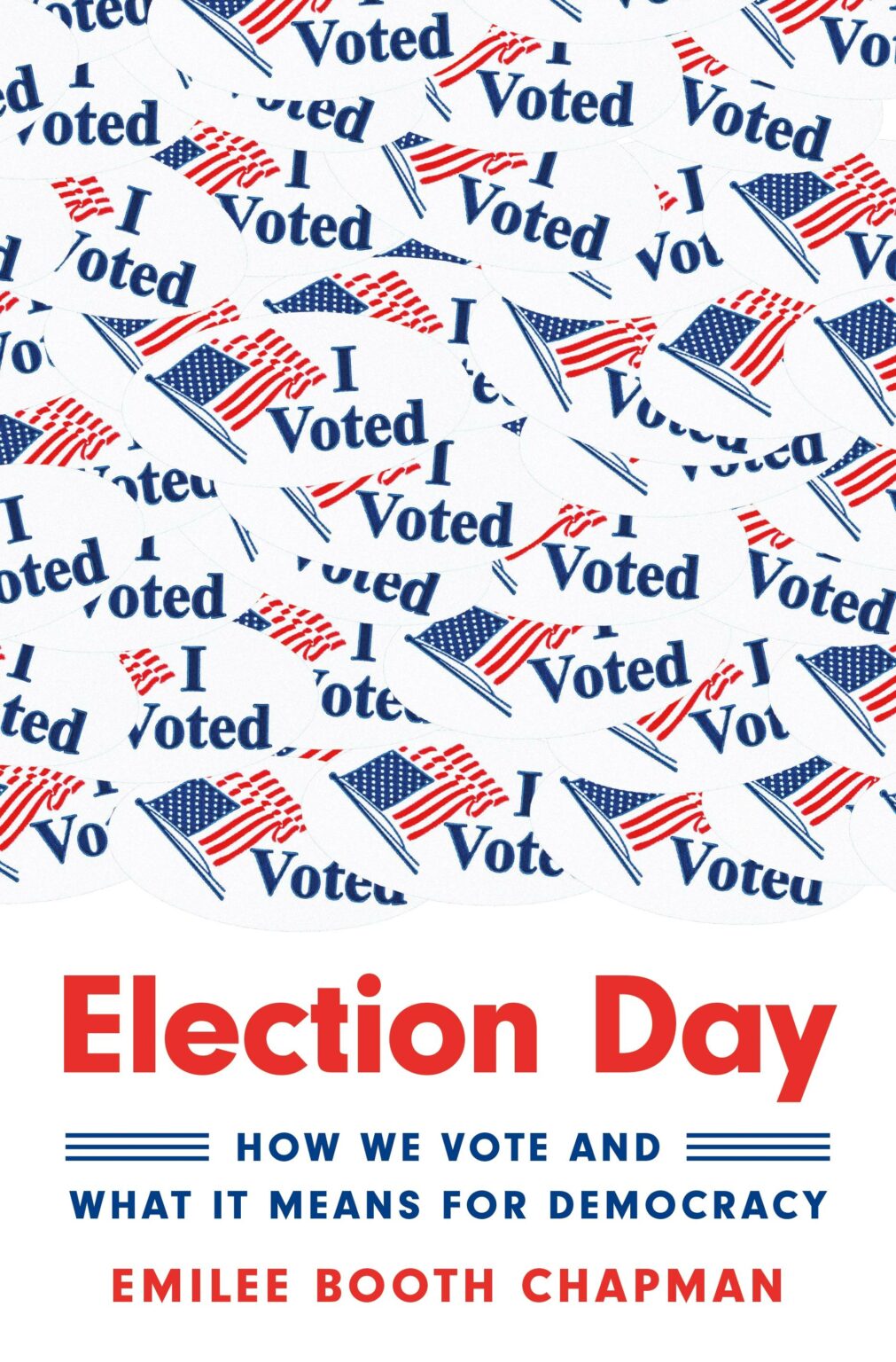As the US gears up for the upcoming election, one important factor looms large on the international stage: NATO. The longstanding alliance between the United States and its European partners faces potential challenges depending on the outcome of the election. With tensions rising in the global political arena, the stakes are high for the future of NATO and its role in international security. Let’s delve into what’s at stake for the alliance in the upcoming US election.
The Future of NATO Post US Election
With the recent US election results, the future of NATO hangs in the balance. As the United States has traditionally been a key player in the alliance, the new administration’s stance towards NATO will have far-reaching consequences. Here are some key factors to consider:
Challenges and Opportunities:
- The US commitment to NATO: Will the new administration continue to support and prioritize the alliance?
- Russian aggression: How will NATO respond to increased Russian assertiveness?
- Defense spending: Will member countries meet their financial commitments to NATO?
Implications of US Election Results on NATO Membership
The recent US election results have brought about significant implications for NATO membership. With the change in leadership, there are several key factors to consider in relation to the future of the US’s commitment to the alliance.
Some of the implications of the US election results on NATO membership include:
- Shift in priorities: The new administration’s foreign policy agenda may prioritize different issues over NATO commitments.
- Impact on defense spending: Changes in US defense spending could have ripple effects on NATO members’ contributions to the alliance.
- Alliance cohesion: The US’s stance on NATO could influence the cohesiveness of the alliance and its ability to address global security challenges.
Challenges and Opportunities for NATO Alliance
NATO is facing both challenges and opportunities in light of the upcoming US election. With the potential change in leadership, the alliance must adapt to new dynamics that may arise. One challenge is the uncertainty surrounding the future commitment of the US to NATO, depending on the outcome of the election. This could impact the cohesion and effectiveness of the alliance.
On the other hand, the election also presents opportunities for NATO to strengthen its partnerships and collaborations with other member countries. The alliance can use this moment to reevaluate its strategic goals and priorities, and work towards a more unified and collective approach to address global security threats. By leveraging the changes brought about by the election, NATO can emerge stronger and more resilient in the face of evolving geopolitical challenges.
Strategies to Strengthen NATO Alliances Following the US Election
NATO alliances are facing a crucial moment following the recent US election, with potential shifts in leadership and policy that could have significant implications for the organization. As the cornerstone of NATO, the United States plays a key role in shaping the alliance’s strategic direction and military capabilities. In light of this uncertainty, it is essential for member countries to come together and develop effective strategies to strengthen NATO alliances and ensure the organization’s continued relevance and effectiveness.
One potential strategy to strengthen NATO alliances following the US election is to focus on enhancing cooperation and coordination among member countries. By deepening military interoperability and intelligence sharing, NATO can increase its collective defense capabilities and better respond to emerging security threats. Additionally, investing in joint training exercises and capacity-building programs can help build trust and solidarity among member countries, fostering a more cohesive and unified alliance.
Closing Remarks
As we approach the upcoming US election, the future of NATO hangs in the balance. The decisions made by the next administration will undoubtedly shape the trajectory of this crucial alliance. Faced with evolving security threats and geopolitical challenges, it is imperative that the US and its NATO partners work together to ensure the collective defense and security of the alliance. The stakes are high, but with strategic leadership and cooperation, there is hope for a stronger and more secure transatlantic partnership. The world will be watching closely as the future of NATO unfolds in the wake of the US election.

